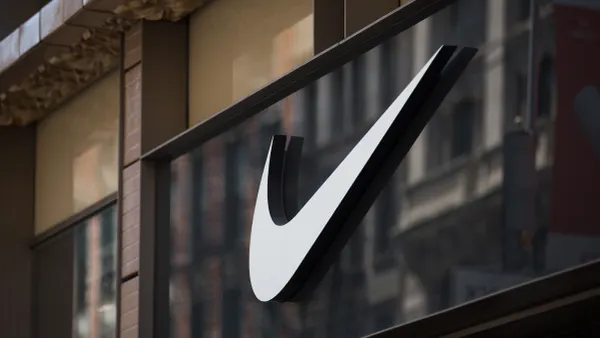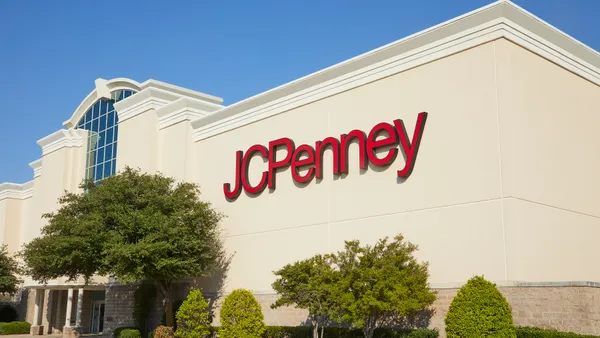On FedEx's Tuesday afternoon earnings call, executives fielded questions from analysts that converged around a common theme: Is FedEx doing too much?
The 3PL is expanding Ground service to seven days per week, adding after-hours pick-ups for some customers and building an immense retail footprint with 2,000 standalone FedEx retail locations, 8,000 Dollar General stores, and 500 Walmart in-store set-ups in the pipeline.
Although more consumer touch points may seem like a solid boon to FedEx, David Vernon, senior analyst at Sanford C. Bernstein, was skeptical.
"Is there a point where you maybe look at the portfolio and say, why do we still have the services business? Do you need that retail footprint?" Vernon asked on the call.
FedEx executives' response was an emphatic "yes."
Much of FedEx's retail footprint consists of locations offering limited services. The Dollar General locations require incoming packages, like e-commerce returns, to be pre-labeled. Full-service FedEx Office locations can help with packaging and labeling, plus other services like printing and design.
The 3PL's retail network may not be as immense as UPS' more than 5,000 UPS Store locations and thousands more retail touch points in other locations, but FedEx executives said full-service retail locations are the key to arguably its most important customer set.
"The FedEx Office retail locations bring in some of our most profitable small and medium business because [of] the experience they get when they are shipping...and they want the peace of mind of proper packaging," said Chief Marketing and Communications Officer Brie Carere.
These customers don't have the scale to significantly negotiate price — especially those small enough to work with FedEx without a contract at all. In a world of big e-commerce players shipping at serious discounts, carriers have to hold onto customers paying full price with everything they've got.
That's why FedEx, UPS and a plethora of other fulfillment service providers, including Amazon, Flexe and recently Shopify, are all vying for small and medium-sized business customers. And the key to winning that battle: a strong retail network, according to FedEx.
Still, analysts on Tuesday's call were concerned about FedEx's sprawling U.S. footprint, especially the Dollar General partnership, since Dollar General's expansive rural footprint could drive down delivery density for FedEx drivers, potentially threatening margins.
CFO Alan Graf said any dilution of package density would be offset with technology and growing efficiency of the Ground network. Whether that proves true, executives made it clear no retailer partnership can replace standalone locations for the carrier.
"The most profitable packages for the FedEx system comes to the FedEx Office network," said COO Raj Subramaniam.














